Travel is a passion for many of us, a passion we often invest a great amount of time, energy, and resources into. But what, exactly, is its purpose? The answer to this question may look very different for different people. But what is it for us?
What is the purpose of travel? It is, of course, many different things for many different people. Often this question is wrapped up in and entwined with the way people travel – they travel for the purpose of what they seek.
A need to see the world. A desire to spend time in beautiful or interesting places (however one may define ‘beautiful’ or ‘interesting’). Some people travel to simply be away from where they normally are, to get away from routines or habitats that somehow feel confining. Many people, including ourselves, find traveling addictive; once you’ve had a taste of what the rest of the world has to offer, you can never have enough of it.
 Some people travel to get to know themselves better. To understand who they are and what they want in a context they can breathe in, a context that allows them space to think and simply be, something that they apparently do not feel they have the opportunity to do at home.
Some people travel to get to know themselves better. To understand who they are and what they want in a context they can breathe in, a context that allows them space to think and simply be, something that they apparently do not feel they have the opportunity to do at home.Some travel to get to know the culture of their destination. Something that can, in and of itself, have many different meanings. What is ‘culture’ and how does one experience it? Some realize this desire through cuisine, architecture, literature. Some go further, and feel its expression through language and the habits of people who live in certain areas. On an even deeper note, culture is expressed through mindsets and viewpoints, values and value-hierarchies that are almost impossible for outsiders to detect.
Travel, essentially, is about difference
Whatever reason you have to travel, there is one thing that all travelers have fundamentally in common: a need to feel difference somehow.
Travel is what reminds me, again and again, of the differences in the world. And through the differences, it also reminds me of the awesome similarities.
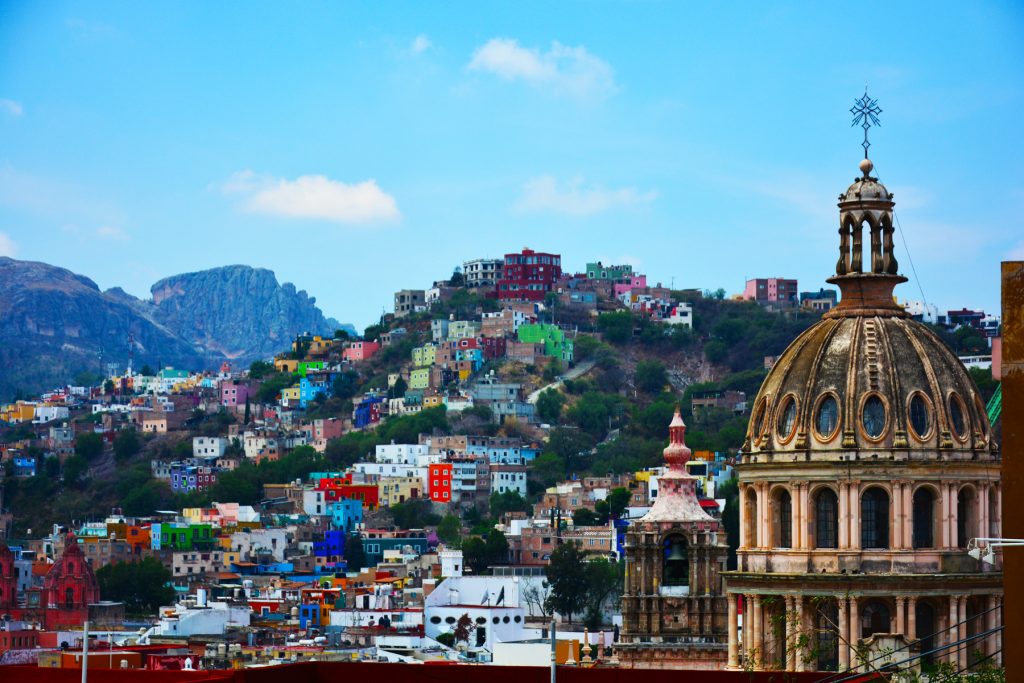
I sadly don’t have many pictures of cultural value systems, so I decorated this post with beautiful pictures of the city of Guanajuato, Mexico, instead. Enjoy.
Underlying values don’t tend to need discussion
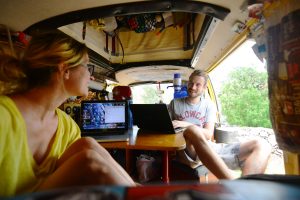 At home – even in the Bus – things are normal. Things are within my normal parameters of how the world works, what happens approximately when, what standards to judge actions and thoughts by. There is no question, having a conversation with Sven, that we both value multilingualism, or tolerance, or science. Of course we have our differences, but in most important ways, we are fundamentally the same.
At home – even in the Bus – things are normal. Things are within my normal parameters of how the world works, what happens approximately when, what standards to judge actions and thoughts by. There is no question, having a conversation with Sven, that we both value multilingualism, or tolerance, or science. Of course we have our differences, but in most important ways, we are fundamentally the same.The same goes for my family, and many of my friends, traveler friends, and acquaintances. There is no need to discuss the importance of education, or debate about the fact that racism is a bad thing (whether or not everybody I know actually practices this). Some of these concepts also come from my cultural or generational values – like that men and women should have equal rights or that the Internet is a valuable source of information. These are underlying principles in my life that generally do not need much discussion with the people I normally surround myself with.
But what color is your lightbulb?
 But that’s the thing about culture and travel. I strive to dive deep – to understand that fundamental, infinitely complex subject of the values and mindsets of people from different parts of the world. And in doing so, I find myself in a room talking to people who, indeed, offer me the opportunity to discuss these topics. I can discuss with somebody whether or not men and women actually should have equal rights in all parts of society, and I can debate on the topic of religion. And the most important part – and, often, the hardest to remember – is that neither of us is wrong. We simply have different perspectives on the world.
But that’s the thing about culture and travel. I strive to dive deep – to understand that fundamental, infinitely complex subject of the values and mindsets of people from different parts of the world. And in doing so, I find myself in a room talking to people who, indeed, offer me the opportunity to discuss these topics. I can discuss with somebody whether or not men and women actually should have equal rights in all parts of society, and I can debate on the topic of religion. And the most important part – and, often, the hardest to remember – is that neither of us is wrong. We simply have different perspectives on the world.Which is why it is such a great opportunity to learn, and to grow. Not necessarily because I feel the need to adopt the mindset of the other person, but because I attempt to understand it in the first place. It gives one a different light to look at the world beneath. Although my lightbulb may be blue, if I screw a green one in, the thing I’m looking at hasn’t changed – just the way I’m seeing it.
Travel is the enemy of normalness
And – almost more importantly – I remember that not everyone is like me. It may seem obvious, but this is a fact that is easy to forget. The drudging normalness of everyday life puts people in a bubble and makes them see the world as they expect to see it. Sure, things can surprise you, but generally, you feel a sense of control in the world and how it should be. You often expect your conversation partner to generally agree with the core foundation of your principles. But traveling breaks this down – it constantly forces you to confront the fact that not everyone thinks like you do, and that not everyone agrees on values you take for granted.
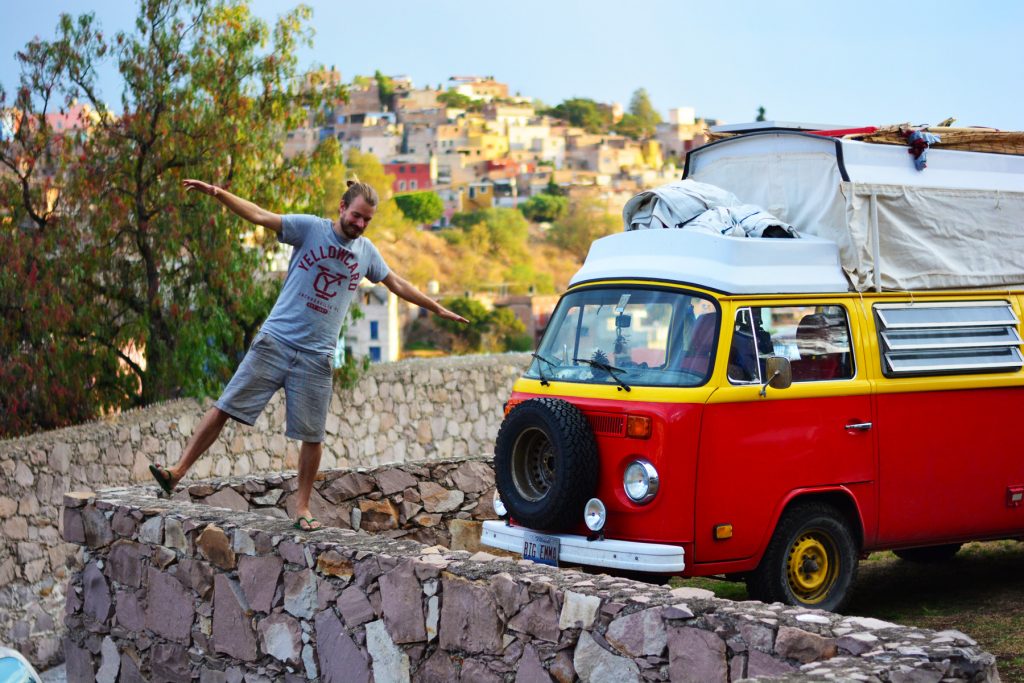
During a recent conversation, I found myself confronted with the statement, “Enlightenment is the opposite of science”. My conversation partner was a firm believer in truth coming from within, and all the complex stuff that humans think of is what complicates and deforms truth. It was, to me, as if he had said he didn’t believe in science, a fundamental principle that governs my world. I take for granted that scientists are generally smart and that tested and proven theory is the ultimate form of truth, in comparison to human emotions and desires, which fluctuate faster than I can think.
But was this not the same as a religious person might think if I told them I didn’t believe in God? The thought in their heads may just be But, that just doesn’t make sense. How can your world work like that? Aren’t there fundamental pieces missing? Many of my Indonesian friends certainly thought so.
These differences may or may not have to do with culture, directly. Many peoples’ beliefs depend on their specific family and their upbringing. They may just be individual differences – that are, in turn, indivisible and continuously influenced by cultural contexts in the first place.
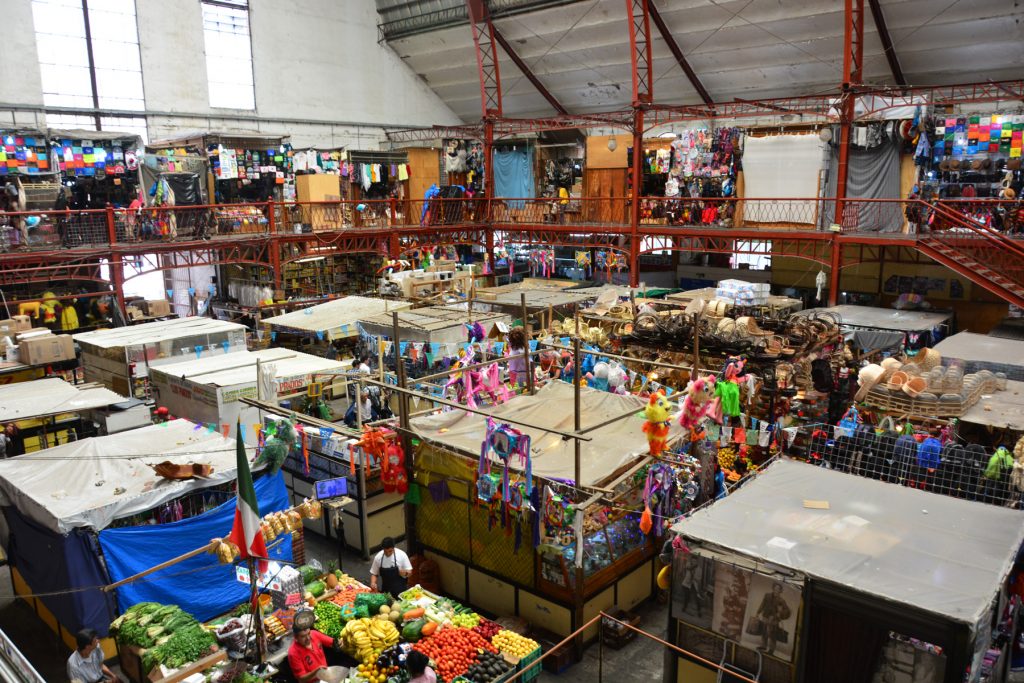
Typical Mexican-style covered market, the kind I have practically fallen in love with. Guanajuato, Mexico.
Travel, essentially, is about sameness
Wherever these differences come from, encountering them helps to remind me that not everyone is like me. More importantly, however, they also help to highlight something much more significant, and even more basic than value systems.
By understanding the differences, you reinforce an understanding of sameness. That people, all over the world, have basic needs and desires. Family. Companionship. Nourishment. Wealth (whatever that may mean to them). Whatever values overlay them, these principles remain constant. They are where we can find common ground despite disagreement or disbelief.
So what is the purpose of travel? The answer may be different for some, but for me, is it simple. It is a confrontation of sameness. And a reminder that my perspective is just but one in infinity.
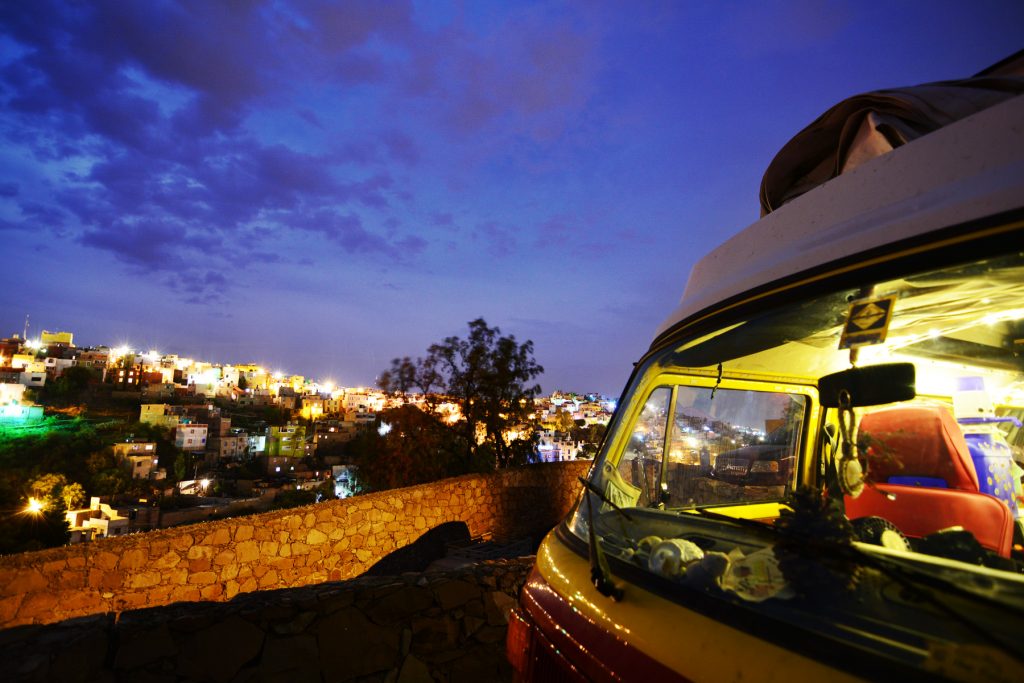

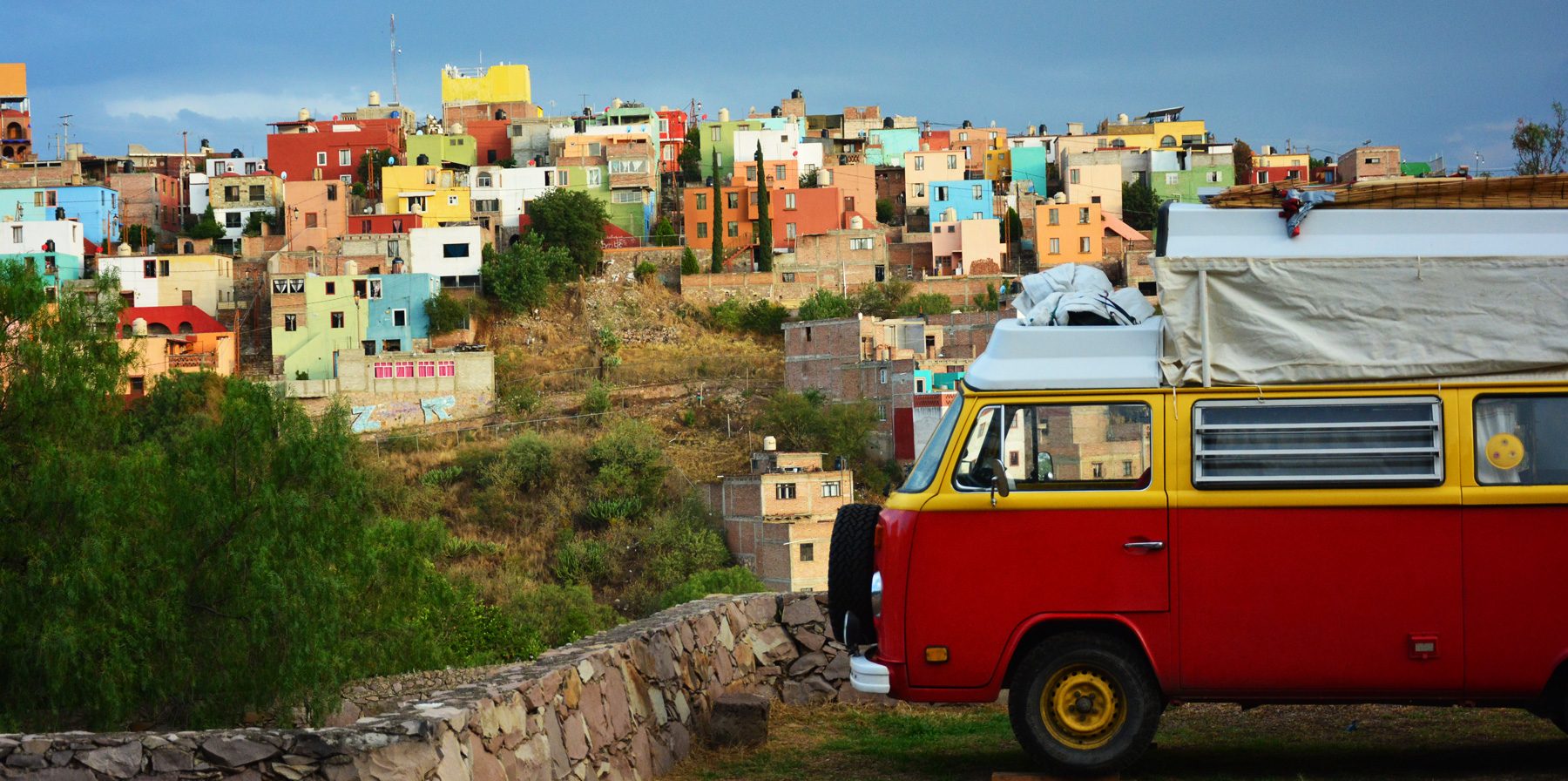



4 Comments
Keep writing–you have a gift, my dear.
I love this. Beautiful and complex conversation about what culture really is. Well done my traveling friend. Stay well! Love you and love to Sven!
I love travel. I am from Malaysia. I have been searching for the reason what makes me like to travel. Recently, I discover that is a desire inside me for traveling. Probably it is a calling or not sure maybe. Ur insight about travel is good. Thank you so much for sharing with us.
Hi Foong Peng, glad to hear our post could help you, I hope you get to answer the calling and go travel, it’s well worth it. Cheers!